
Data in the service of energy saving: cost-effective heating solutions
This paper presents a methodology to model energy savings from building retrofits in the EU, showing potential savings of 40–60% in space heating, with varying costs based on climate and insulation.
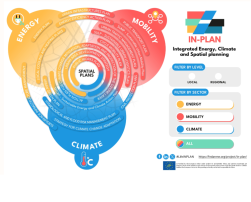
IN-PLAN Spatial Plans Infographic
In a rapidly evolving world, where climate challenges are more pressing than ever, the integration of energy, climate, and spatial planning has become a cornerstone for sustainable development. IN-PLAN is at the forefront of this transformative journey, offering a comprehensive blueprint to harmonize these critical sectors.
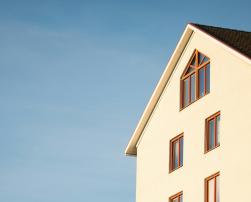
Understanding differences towards EPC harmonisation
This study highlights the significant differences in Energy Performance Certificate frameworks across European countries, despite their common origin in the Energy Performance of Buildings Directive, emphasising the need for understanding these variations for effective EU-level implementation and innovation.

Energy efficiency in hot climates: switchable insulation for sustainable building envelopes
New study shows how Switchable Insulation Systems (SISs), using eco-friendly, low-cost materials, offer adaptable and energy-efficient insulation for hot climates, though simpler designs may be more affordable and effective than advanced technologies.

Energy trends in Polish hospitals
This study analyses energy consumption trends in Polish hospitals from 2010 to 2019, revealing that larger hospitals are more energy efficient and identifying key factors influencing energy use, aiming to guide policymakers and administrators in enhancing sustainability in healthcare facilities.
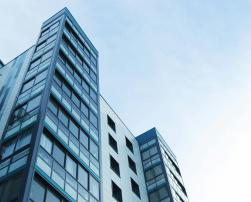
Healthy buildings: toward a new awareness
The paper proposes a new framework for healthy buildings, addressing gaps in knowledge transfer and offering a holistic, balanced approach to promote well-being and sustainability in the building sector.
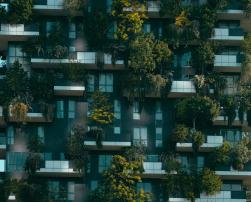
Long-term benefits of green roofs and facades: an in-depth analysis
The study explores how green roofs and facades enhance energy efficiency by improving insulation, regulating temperatures, and reducing heat island effects, thereby promoting sustainable urban development. The paper also addresses current research gaps in the subject focusing on long-term benefits of these systems.

The interplay between aesthetics and energy performance in BIPV modules
A new study explores the balance between aesthetics and energy efficiency in coloured BIPV modules, finding that darker colours yield higher performance but face increased temperatures, reducing energy output in real-world conditions.
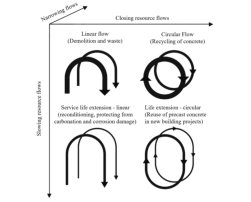
A digital workflow for assessing lifespan, carbonation, and embodied carbon of reusing concrete in buildings
This study introduces a digital workflow for predicting concrete lifespan, CO2 uptake, and embodied carbon savings through reuse, tested on a 1960s building, highlighting reuse's potential to reduce emissions and extend service life.
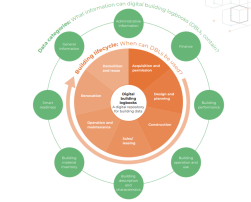
Unlocking the potential of digital building logbooks for a climate-neutral building stock
This policy factsheet presents and thoroughly analyses the role of Digital Building Logbooks since their creation. It reviews their evolution within the different EU policy initiatives around buildings and presents a series of recommendations to the European Commission to unleash their full potential.